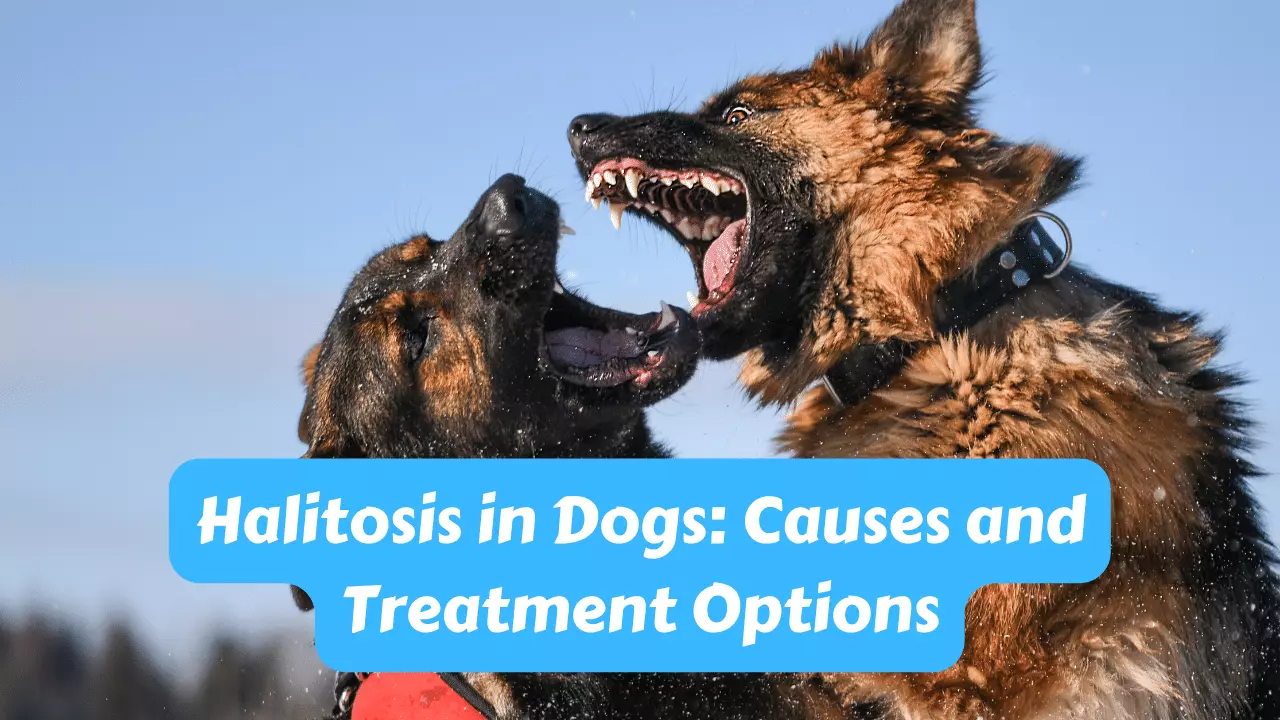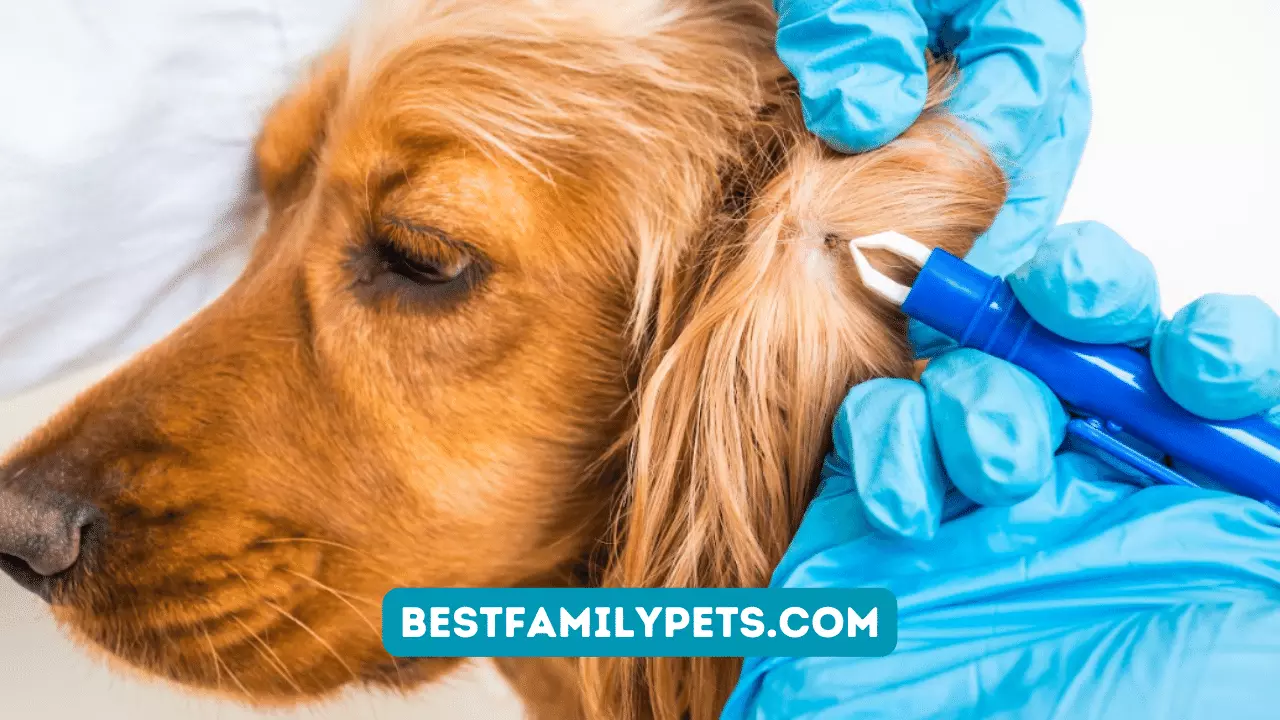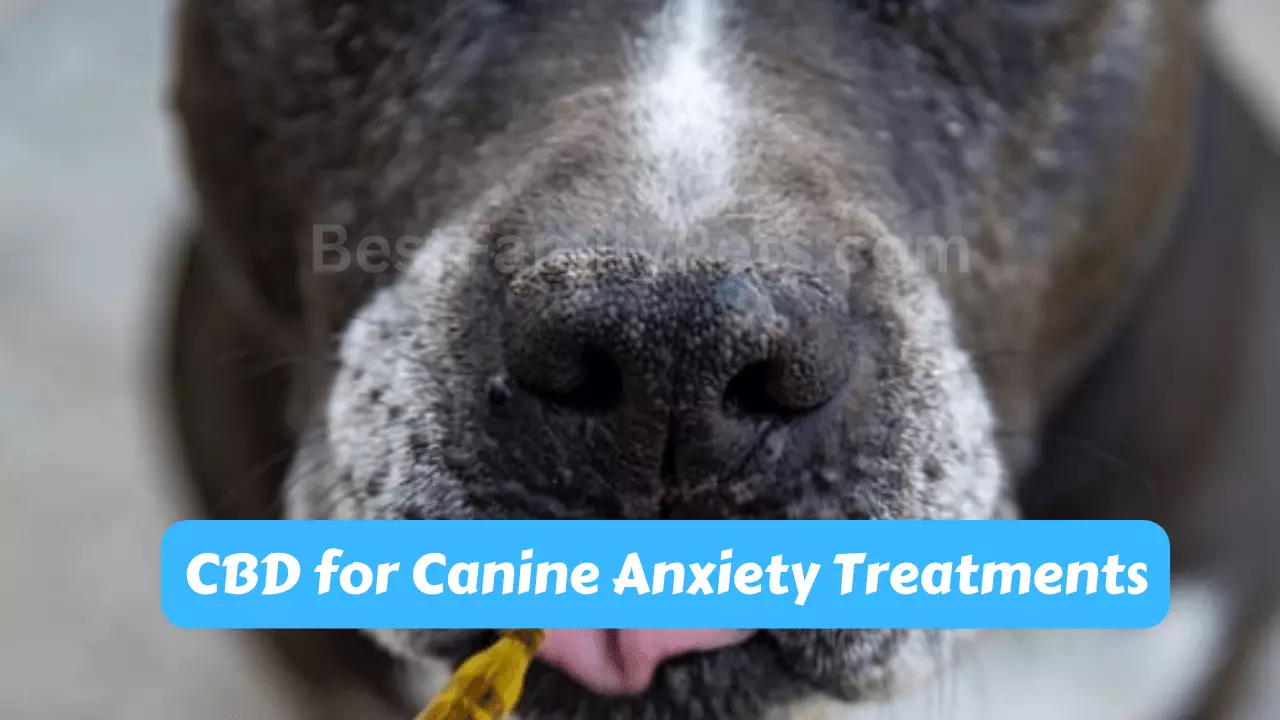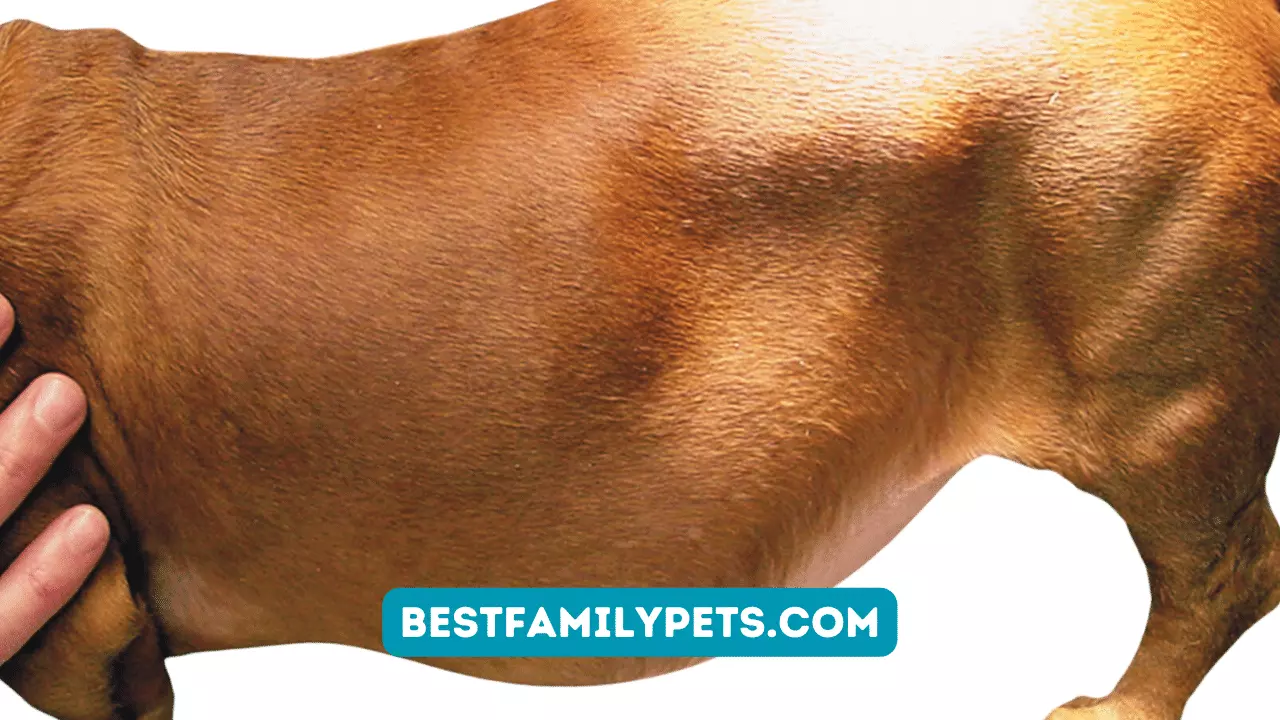Halitosis in Dogs: Causes and Treatment Options
Halitosis is a common problem in dogs but can indicate an underlying health condition. Read on to learn more!
Bad breath is one of the most common complaints among dog owners. In fact, according to a recent study, nearly one-third of dog owners say that their dog’s bad breath is a top health concern. You’re not alone if your dog suffers from halitosis (the medical term for bad breath).
Read on to learn more about the causes and treatment options for bad breath in dogs.
Causes of Bad Breath in Dogs
Dogs have many possible causes of bad breath, including dental disease, gastrointestinal problems, diabetes, and kidney disease. Some reasons may be as simple as what your dog ate for breakfast. If you’re concerned about your dog’s bad breath, the best thing to do is to make an appointment with your veterinarian. They can perform a physical examination and run any necessary tests to determine the cause of the problem.
Poor Dental Hygiene
One of the most common causes of bad breath in dogs is poor dental hygiene. Like humans, dogs must have their teeth brushed regularly to prevent plaque and tartar buildup. Plaque is a sticky film of bacteria that forms on teeth, and tartar is hardened plaque that has not been removed. If plaque and tartar are not removed, they can lead to gum disease, a significant cause of bad breath in dogs.
Kidney Disease
Kidney disease is another common cause of bad breath in dogs. When the kidneys are not functioning correctly, they can release toxins into the bloodstream, leading to bad breath. Kidney disease can also cause a decrease in appetite, weight loss, and increased thirst.
Liver Disease
Liver disease is another condition that can cause bad breath in dogs. The liver is responsible for filtering toxins out of the blood, and when it is not functioning properly, those toxins can build up and lead to bad breath. Liver disease can cause other symptoms, such as jaundice, weight loss, and increased thirst.
Diabetes
Diabetes is another condition that can cause bad breath in dogs. When diabetes is not controlled, it can lead to a buildup of ketones in the blood, which can cause bad breath. Diabetes can also cause other symptoms, such as weight loss, increased urination, and increased thirst.
Respiratory Infections
Respiratory infections are another possible cause of bad breath in dogs. A dog’s respiratory system infection can lead to bad breath and other symptoms such as coughing, sneezing, and difficulty breathing.
Treatment Options for Bad Breath in Dogs
Once the underlying cause has been determined, your veterinarian can recommend the best treatment options for your dog. Sometimes, bad breath may be treated with a change in diet or oral care regimen. More severe cases may require medication or surgery.
Proper Dental Care
One of the best ways to prevent bad breath in dogs is to ensure they have proper dental care. This means brushing their teeth regularly and taking them to the vet for professional cleaning. Additionally, it’s important to feed your dog a healthy diet that includes crunchy foods, which can help to keep their teeth clean.
Use a Water Additive
Another way to prevent bad breath in dogs is to use a water additive. Water additives are products added to your dog’s water bowl to help reduce plaque and tartar buildup on their teeth. Many water additives also contain ingredients that help to freshen your dog’s breath.
Give Them Rawhide Chews
Rawhide chews are another great way to help prevent bad breath in dogs. Rawhide chews help to massage your dog’s gums and remove plaque and tartar from their teeth. Additionally, chewing on rawhide can help to freshen your dog’s breath.
Try a Breath Freshening Spray
If your dog is already experiencing bad breath, many products can help to freshen their breath. Breath freshening sprays are one option that can be sprayed directly into your dog’s mouth. These products typically contain natural ingredients that help to neutralize odors and leave your dog’s mouth smelling fresh and clean.
Feed Them Probiotics
Probiotics are live bacteria that are beneficial for gut health. They can also help freshen your dog’s breath by reducing the odor-causing bacteria in their mouth. Probiotics are available in powder form or chewable treats, which are easy to give to your dog.
Conclusion
Bad breath is a common problem in dogs but can indicate an underlying health condition. If you’re concerned about your dog’s bad breath, make an appointment with your veterinarian. They will be able to help you determine the cause of the problem and recommend the best course of treatment.
-

Urinary Crystals in Cats: Treatment Options
-



Halitosis in Dogs: Causes and Treatment Options
-



How To Treat Your Dog For Fleas?
-



Treatment For Cushing Disease In Dogs
-



CBD for Canine Anxiety Treatments
-



Diseases in the Eyes of Cats: Symptoms and Treatment
-



Cushing’s Disease in Dogs — Signs, Diagnosis and Treatment


